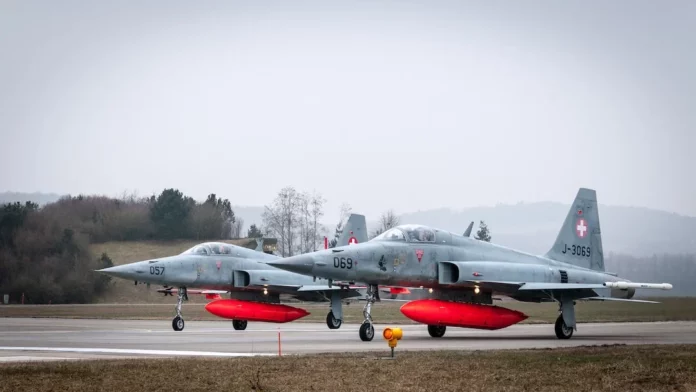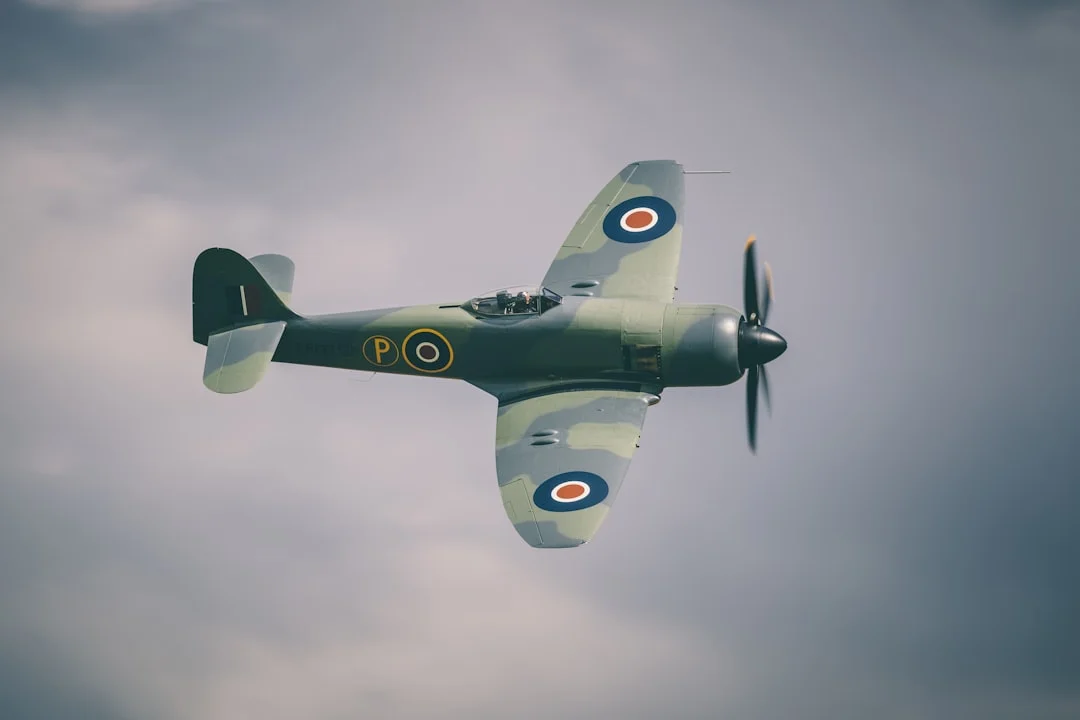The Input or Intercept Profile, commonly referred to as I/P, is a critical system on the Airbus A330 aircraft. It is an essential part of the aircraft’s overall flight control system, which helps maintain stability and control during various phases of flight. The I/P system plays a crucial role in ensuring the aircraft’s safety and maneuverability.
Essentially, the Input or Intercept Profile is a software algorithm that provides flight control laws specific to the aircraft’s specific flight conditions and configurations. These flight control laws determine how the aircraft responds to pilot inputs and external factors such as wind, turbulence, and changes in altitude. By analyzing various inputs from sensors throughout the aircraft, the I/P system continuously calculates the optimal control surface deflections needed to maintain stability and control.
Contents
Function and Operation of the Input or Intercept Profile System
The Input or Intercept Profile system primarily functions by analyzing the aircraft’s flight parameters in real-time and generating appropriate control commands to optimize its performance and responsiveness. It takes into account factors such as airspeed, altitude, angle of attack, and pitch rate to calculate the appropriate control surface movements required to maintain stability.
One of the key functions of the I/P system is to provide a smooth and predictable response to the pilot’s control inputs. This helps ensure that the aircraft reacts in a consistent and reliable manner, allowing the pilot to have full control and confidence in flying the A330. The system also helps mitigate any adverse effects caused by external factors such as gusts of wind or changing atmospheric conditions.
The Role of the Input or Intercept Profile in Flight Modes
The Input or Intercept Profile system plays a crucial role in various flight modes of the Airbus A330. Let’s take a closer look at its function in three specific flight modes:
Normal Mode
In normal mode, the Input or Intercept Profile system assists the pilot in maintaining stable flight conditions. It is responsible for keeping the aircraft in the desired attitude and ensuring smooth control responses. The I/P system constantly analyzes the aircraft’s flight parameters and makes fine adjustments to control surface deflections to counteract any deviations from the desired flight path. This results in a comfortable and predictable flying experience for both the crew and passengers.
Additionally, the I/P system helps during takeoff and landing by providing the necessary control commands to ensure a smooth and safe transition between ground and air operations. It accounts for factors such as weight, speed, and angle of attack to optimize the aircraft’s handling characteristics during these critical phases of flight.
Alternate Mode
In alternate mode, the Input or Intercept Profile system provides backup control laws and functions in case of a failure in the normal flight control system. It ensures that the aircraft remains flyable and that the pilot can still maintain control even in the event of a primary system failure. The I/P system quickly adapts to the new flight conditions and calculates alternative control commands to provide stability and control under abnormal circumstances.
During alternate mode, the I/P system actively monitors the aircraft’s flight parameters and sensor inputs to detect any anomalies or discrepancies. It then adjusts the control surface deflections based on the available data to maintain stable flight. This redundancy helps enhance the overall safety and reliability of the A330 aircraft.
Direct Law Mode
The Input or Intercept Profile system also plays a role in the direct law mode, which provides a direct and unfiltered relationship between the pilot’s control inputs and the movement of control surfaces. In this mode, the I/P system essentially acts as a signal conditioner, ensuring that the control inputs are translated into appropriate control commands that match the pilot’s intentions.
This direct relationship between the pilot’s inputs and the behavior of the aircraft allows for precise and immediate control response. The I/P system ensures that pilot commands are accurately transmitted to the flight control surfaces without any additional filtering or damping control laws. This can be particularly useful during certain emergency scenarios or when the pilot requires maximum control authority.
Conclusion
The Input or Intercept Profile system is a crucial component of the Airbus A330 aircraft’s flight control system. It provides flight control laws specific to the aircraft’s flight conditions and configurations, ensuring stability and control throughout various flight modes. The I/P system enhances safety, control, and responsiveness, allowing pilots to maintain stable flight and maneuver the aircraft with confidence.
For More: What is EMER GEN on Airbus A330? (Emergency Generator)




